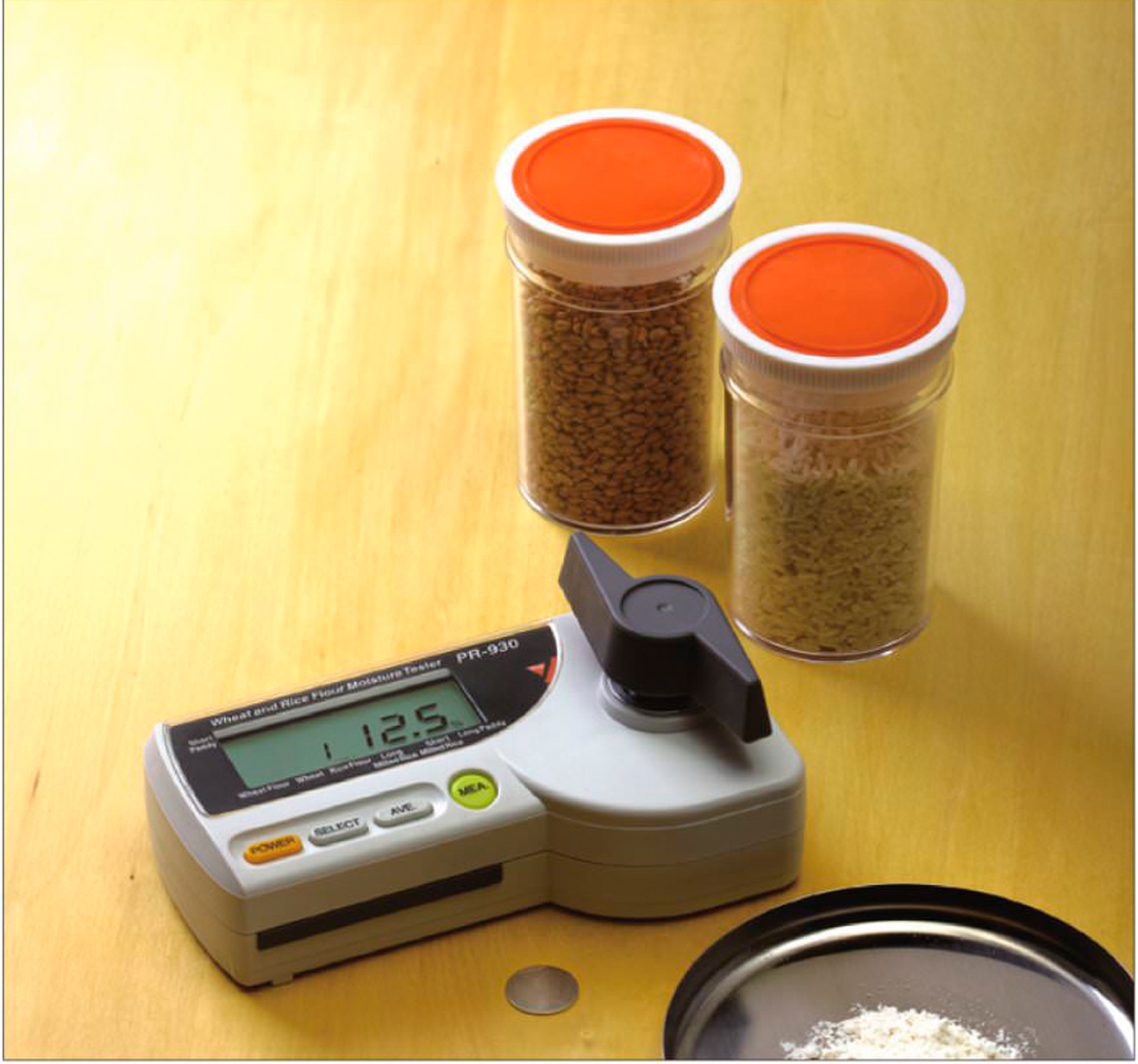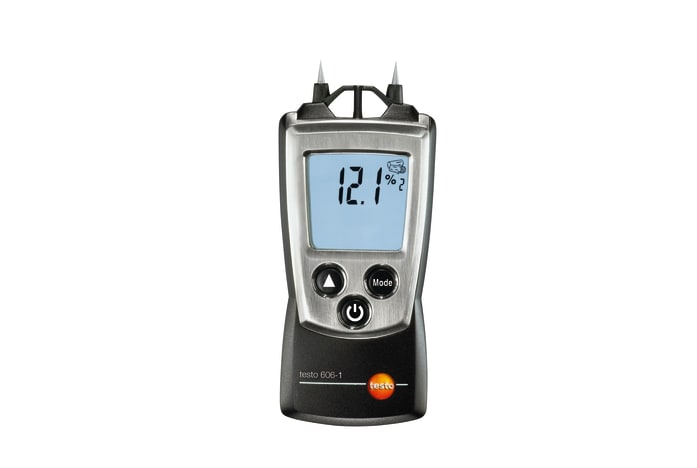The Ultimate Overview to Dampness Meters: A Comprehensive Review and Exactly How They Can Conserve You Money
In the realm of structure maintenance, building and construction, and different sectors, the significance of properly determining moisture levels can not be overemphasized. Dampness meters offer as important tools in detecting and checking moisture material in products, helping in avoiding pricey damages and ensuring the high quality of products. Comprehending the nuances of different kinds of wetness meters, their applications, and the possible cost-saving benefits they supply can be a game-changer for services and professionals alike. Finding just how these devices can not just streamline processes yet also add to economic savings is a trip worth starting.
Sorts Of Wetness Meters
One usual kind is the pin-type dampness meter, which gauges the electric resistance in between 2 pins put right into a product. Pinless dampness meters, on the various other hand, use electromagnetic sensor plates to check a bigger location without creating damages to the product's surface.

Furthermore, there are additionally specialty moisture meters made for details products like hay, grain, or soil. These meters provide accurate moisture analyses tailored to the one-of-a-kind properties of the material being evaluated. Infrared dampness meters determine the thermal residential or commercial properties of a product to identify its dampness content non-invasively, making them valuable for applications where pin or pinless meters may not be ideal. Understanding the different sorts of wetness meters offered can help industries select one of the most appropriate device for their details dampness measurement requirements.

Benefits of Utilizing Moisture Meters
Wetness meters supply indispensable benefits in properly monitoring and evaluating wetness degrees in varied products and environments (Moisture Meter). One of the main advantages of making use of dampness meters is the avoidance of potential damage triggered by excess wetness. By finding and addressing high moisture levels at an early stage, dampness meters aid to prevent mold growth, rot, and structural damage in buildings, saving both money and time on repair services. In addition, dampness meters help in making certain the top quality of products throughout construction or production processes. By accurately measuring moisture web content, these devices help maintain the integrity of timber, drywall, concrete, and various other products, reducing the risk of defects or failings.
In addition, making use of wetness meters can lead to raised power efficiency. By recognizing locations with high moisture degrees, such as leaks or inadequate insulation, modifications can be made to improve power conservation and reduce energy costs. In farming settings, dampness meters play a critical function in optimizing plant returns by making it possible for farmers to keep track of dirt wetness degrees and make notified watering decisions. On the whole, the benefits of using wetness meters span across various markets, providing economical solutions and promoting far better high quality control techniques.
Exactly How to Pick the Right Moisture Meter
Choosing the proper dampness meter involves thinking about vital factors such as material compatibility, dimension array, and calibration discover this accuracy. When selecting a wetness meter, it's important to guarantee that the meter is appropriate for the specific material you will be screening. Various products have differing electric properties that can affect wetness analyses, so picking a meter designed for your material is important websites for precise outcomes. Additionally, think about the measurement variety of the dampness meter. Make certain that the meter can detect moisture levels within the array needed for your applications. Calibration precision is an additional essential factor to remember. Choose a dampness meter with reputable calibration to guarantee consistent and precise readings. Some meters might call for regular calibration modifications, so comprehending the calibration process is important. By carefully evaluating these variables, you can pick a wetness meter that satisfies your requirements and provides exact dampness measurements for your projects.
Correct Strategies for Wetness Meter Use

Price Financial Savings Via Dampness Meter Applications
How can the critical use of moisture meters lead to substantial expense savings throughout various industries? In the farming industry, dampness meters help in establishing the optimum time for collecting plants, avoiding excess or over-drying wetness that can influence the final item's quality.
In a similar way, in building, dampness meters help stop costly damages by spotting wetness degrees in building products, such as wood or concrete, which can cause structural problems if not addressed without delay. By identifying trouble locations early on, service providers can take rehabilitative steps to prevent extensive repair work or substitutes, ultimately saving time and cash.
In addition, in the food processing market, wetness click over here meters are crucial for keeping track of product high quality and making certain compliance with safety policies. By precisely gauging dampness web content in food, manufacturers can avoid wasting, preserve quality, and minimize waste, causing substantial price financial savings. Overall, the strategic application of moisture meters is a valuable investment that can result in substantial cost reductions and enhanced effectiveness across different industries.
Conclusion
To conclude, moisture meters are valuable devices for measuring and identifying moisture levels in numerous products. By making use of the ideal wetness meter and following proper strategies, customers can successfully stop costly damages triggered by excess wetness. Purchasing a quality dampness meter can cause considerable cost financial savings over time by determining potential concerns beforehand and allowing prompt removal. Eventually, moisture meters are crucial tools for maintaining the honesty and durability of products and structures.
Moisture meters serve as indispensable devices in detecting and keeping an eye on moisture content in materials, assisting in avoiding expensive problems and guaranteeing the top quality of items. Infrared dampness meters gauge the thermal residential or commercial properties of a product to identify its dampness web content non-invasively, making them helpful for applications where pin or pinless meters might not be ideal.Moisture meters provide vital benefits in accurately keeping an eye on and analyzing moisture levels in diverse materials and settings. In agricultural settings, dampness meters play a crucial role in optimizing crop yields by allowing farmers to check soil moisture levels and make informed irrigation decisions.In conclusion, wetness meters are beneficial tools for determining and finding dampness degrees in different products.